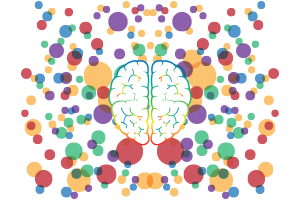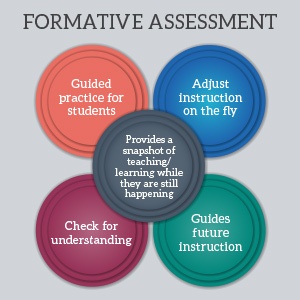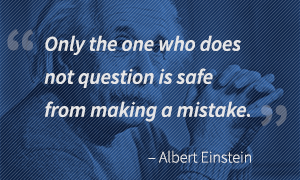When I was a third-year teacher, I was asked to mentor a new teacher in our building. I wasn’t exactly asked; it was more like I was informed of this new opportunity for which I would receive a $150 stipend.
This new teacher was brand new to the profession, and she taught in a totally different discipline. Her prep period was in the morning and mine was at the end of the day. She was upstairs, and I was downstairs. We met sporadically and commiserated a bit. I was nearly new myself and had no training for this responsibility. I did my best. I observed her classes and congratulated her on what went well. I often baked brownies for her when she was feeling particularly overwhelmed. Yet, even at the time, I realized what I offered did little to help her develop skills for teaching. The money would have been better spent buying her a few Post-it® notes and some very strong coffee. Recently, I was again offered the opportunity to mentor some new teachers, and this time, with a bit more experience and training, I hope to do a better job. Mentoring fellow teachers is important work and can be mutually rewarding, but a mentor has to be more than just a paid buddy.










